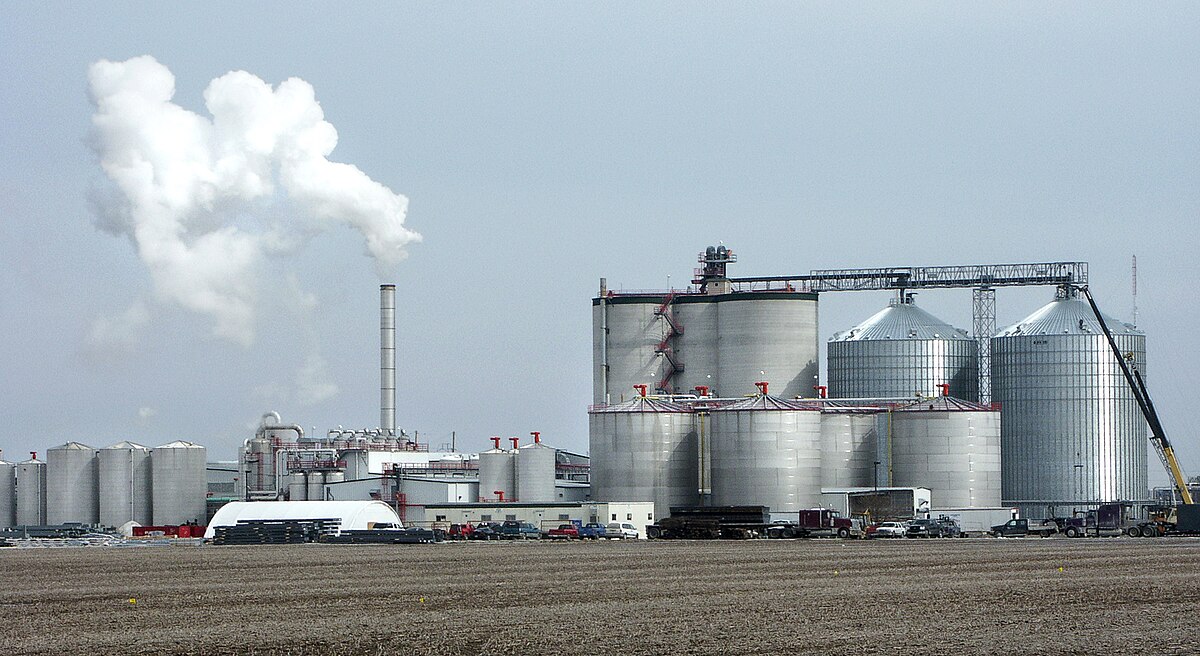Selection of he proper pump should - if possible - include investigation how it was redesigned towards ethanol content.
Let me copy a text I put into other thread today (about clogging injectors for the car standing still for some time)
There is a huge problem with classic cars (not only) and new gas (E5, E10 ... maybe E15 in the future). The problems is the ethanol additive (5/10/15% accordingly as in the marking on the petrol station).
The ethanol is forced to be added in more and more percentage to make the fuel "more green". And the result is it becoming more green as there is a bacteria living in a tank after even a month of car standing. This bacteria is not helping to have a clear tank or fuel system in general as it is responsible for rust fleaking in the tank.
Additionally ethanol is hygroscopic which means it takes the water from the air.
After some time in the car standing still (starting few weeks) there is a "delamination" of the fuel. It is not a mixture after some time.
This is really huge problem as ethanol is not good for rubber either (hoses, seals, diaphragms).
Some of collectors are draining fuel from classic cars, some using additives (some are even to fight with bacteria) but none of this solution is the remedy.
None of the fuel components in the classic car is durable enough against ethanol additive and all the consquences (water, bacteria...) so even brand new components done with the same technology will soon be a scrap.
The only way to keep it working is to drive the car regularly to have fresh, mixed fuel and to tank the car on the gas stations where the fuel is refilled in the big tanks regularly.
-----------
I'm the victim of this eco approach. My E30 project currently has 5th fuel pump!
In the past I exchange the old fuel, purge the tank, put the kerosene and diesel fuel mixture to flush it and fill it with new fuel (E10 ... the only widely available).
After few months my fuel pump is giving only 2Bar (should go above 3bar). The car can't keep idling and I need to but another pump!

The real problem is exchanging all to new and keeping the car standing will not secure us and fuel system problems will be more and more visible and expensive and BOSCH or Pierburg parts are sick expensive. The good in a bad there are still available.
Coating the fuel tanks (planes, petrochemical...):
e.g.
https://www.3m.com/3M/en_US/p/d/b40067203/
and exchanging fuel lines to plastic or inox or special material is not solving the problem as the pressure regulator, valves or injectors are designed in 70's or 80's.
Might be the only good solution is to check how engineers in
Brazil, using ethanol (
E20 - 20%) in a fuel started by legislaton in
1977.
They've redesigned their's cars fuels systems completely and became an experts -
flex-fuel cars.

en.wikipedia.org


